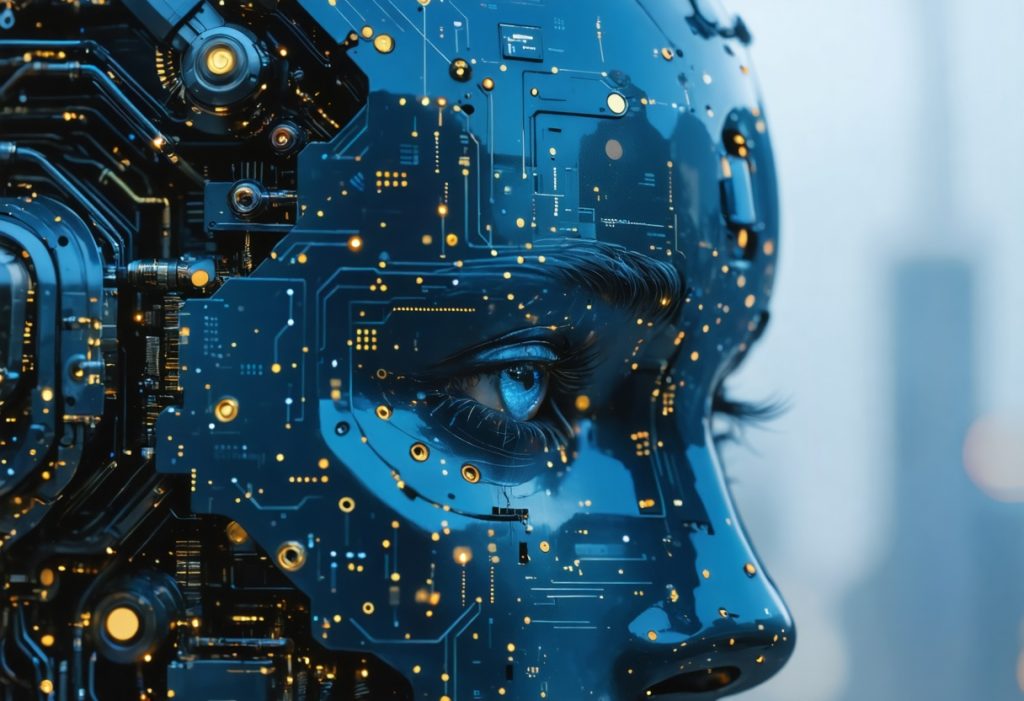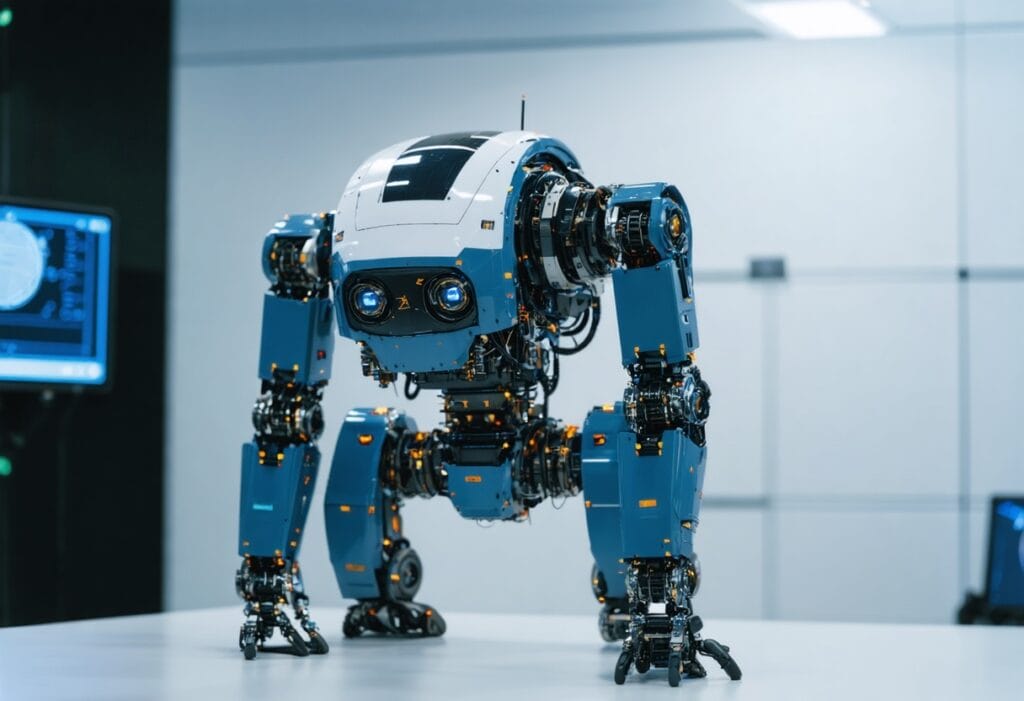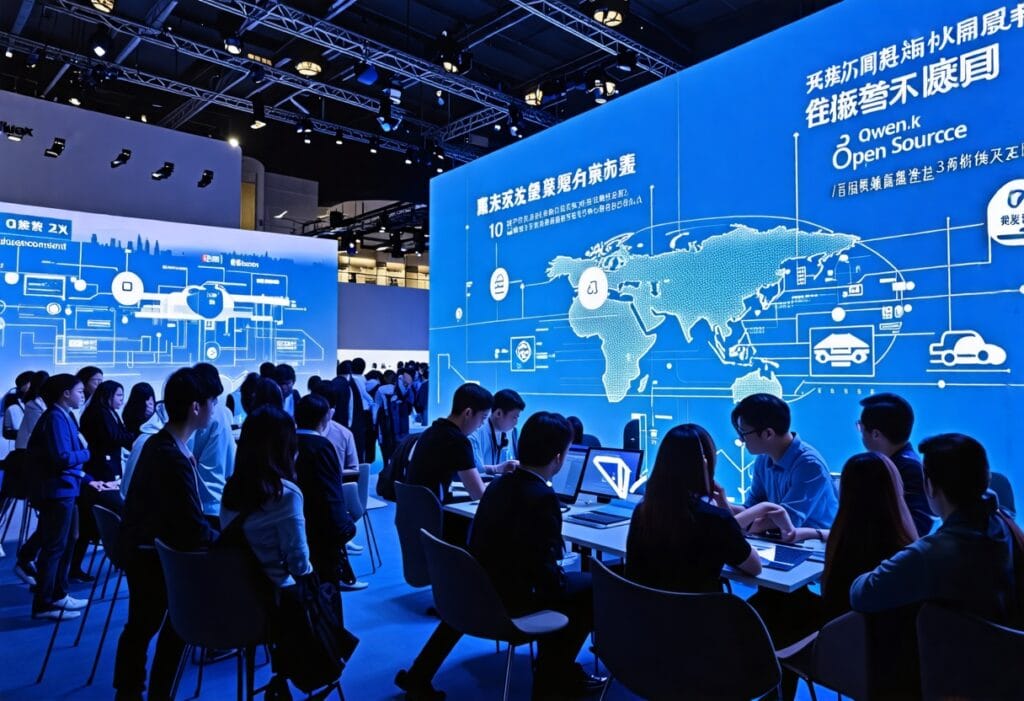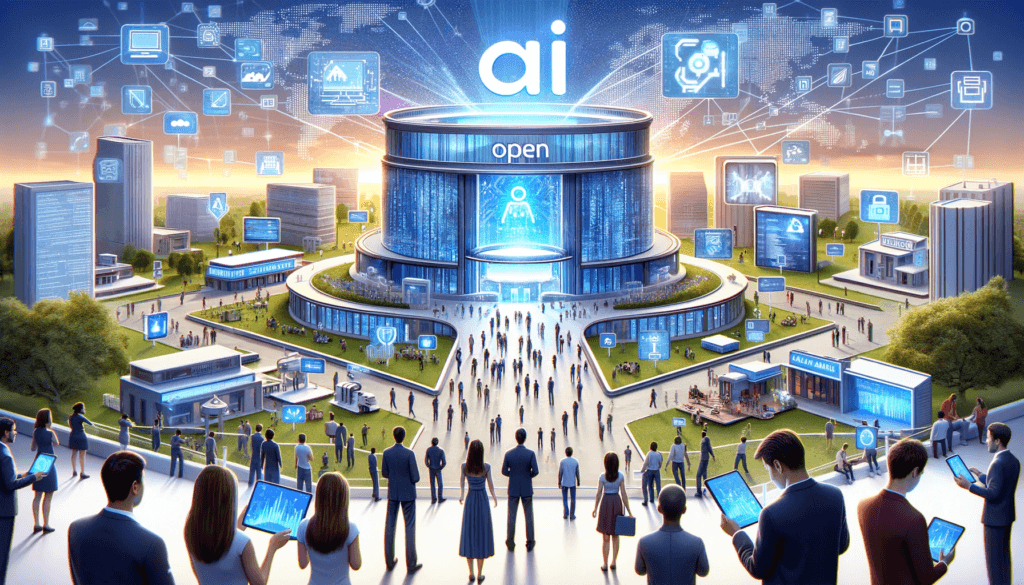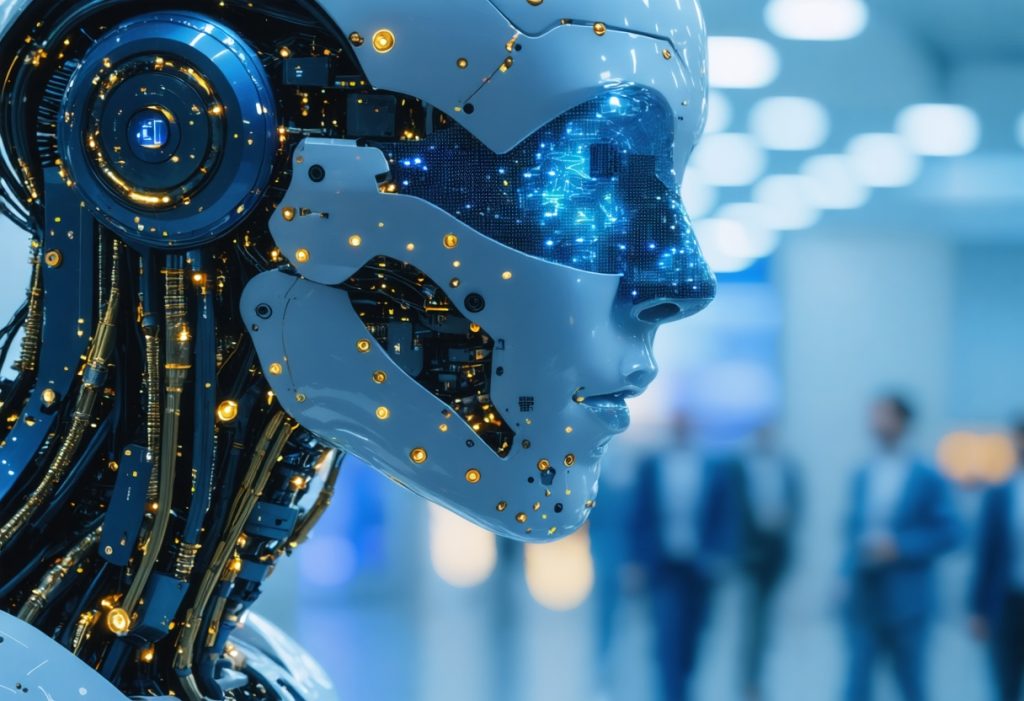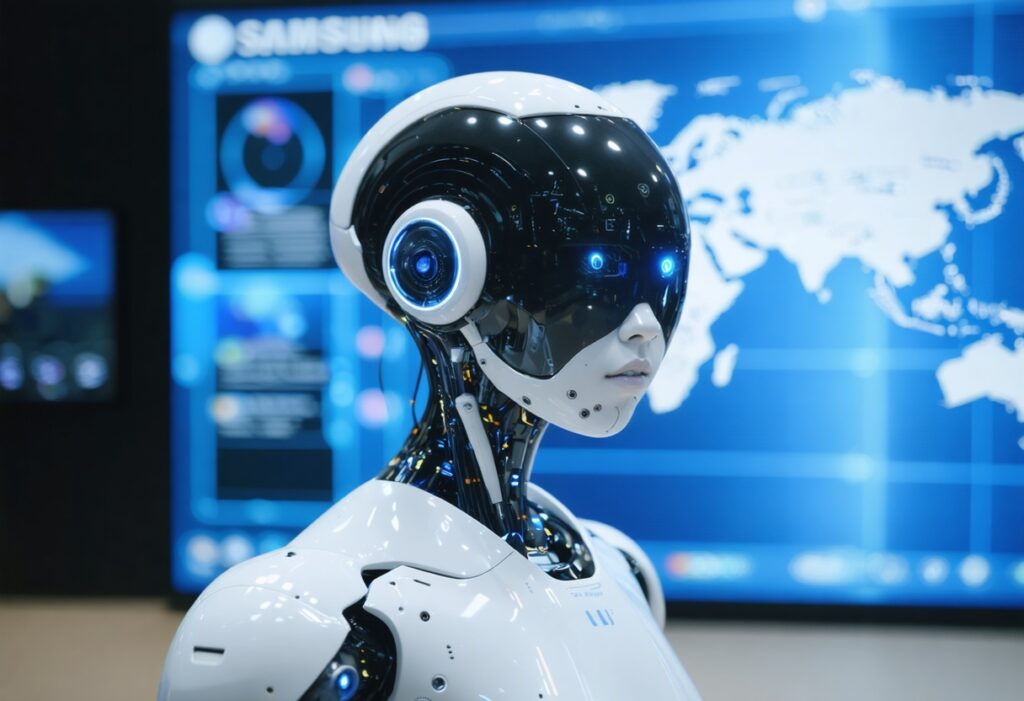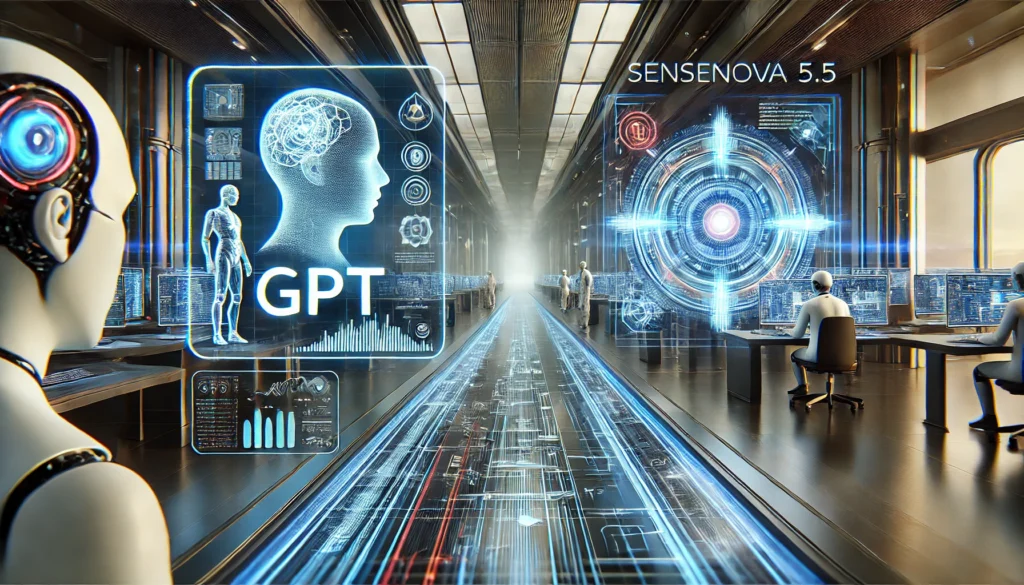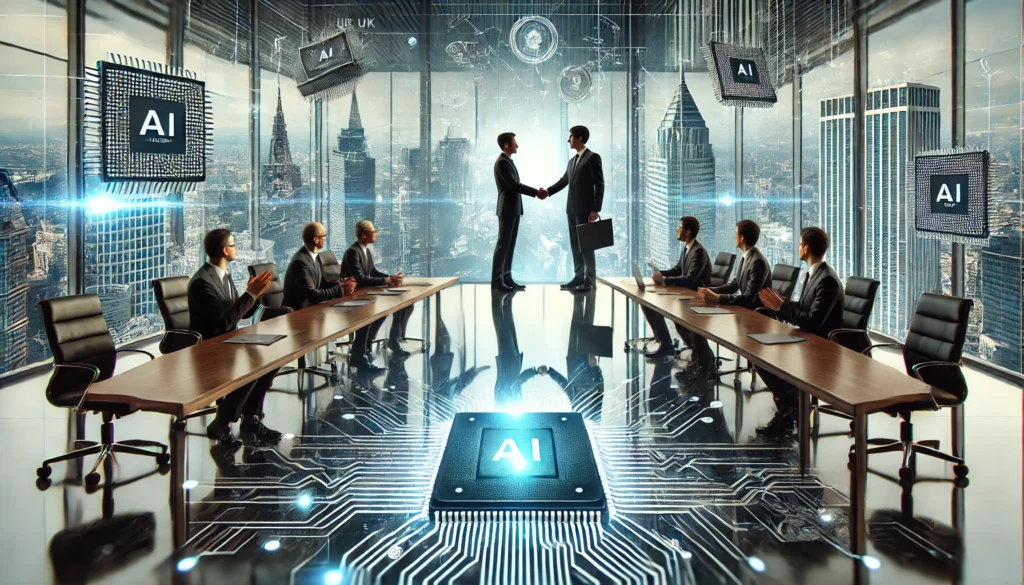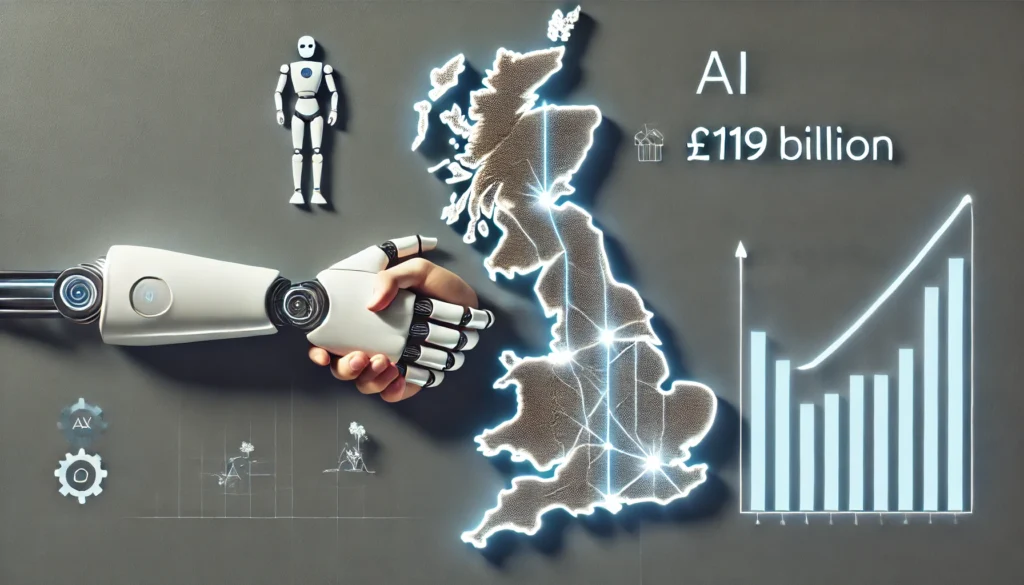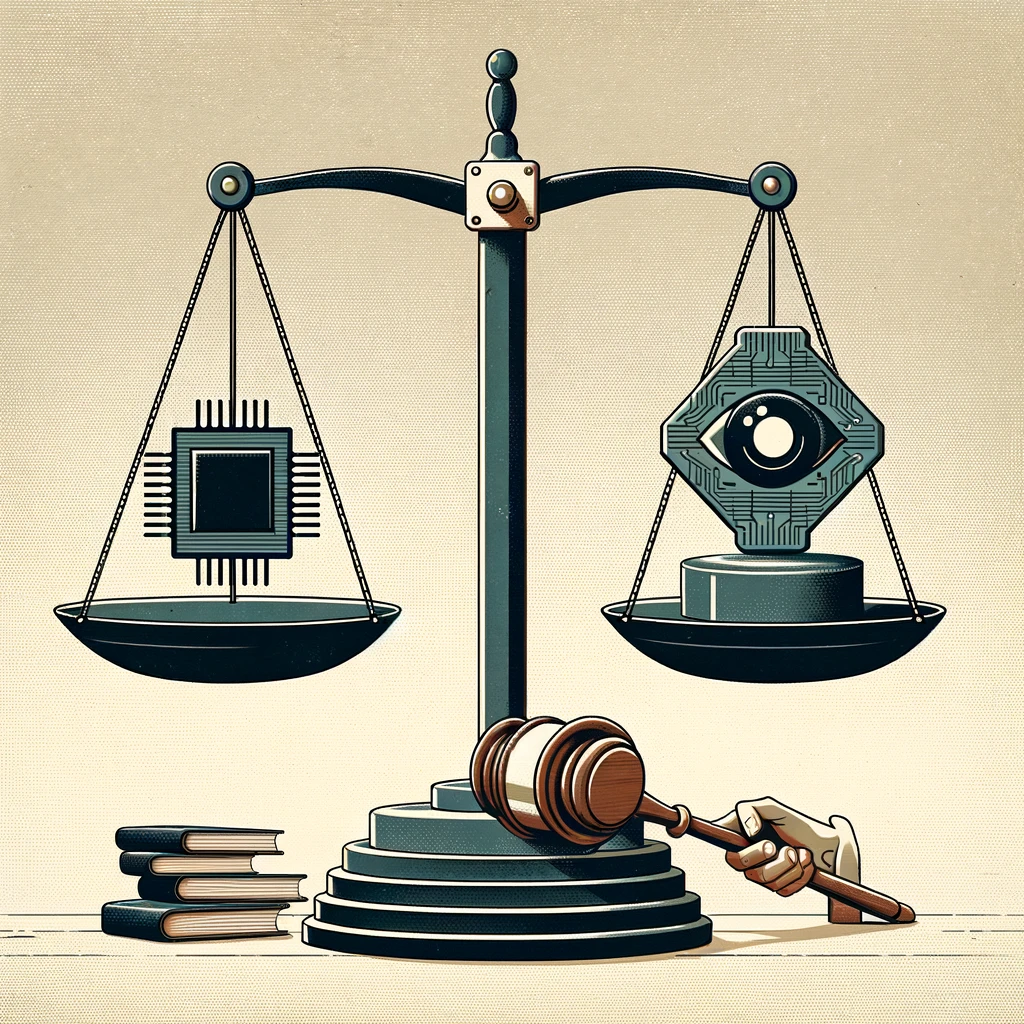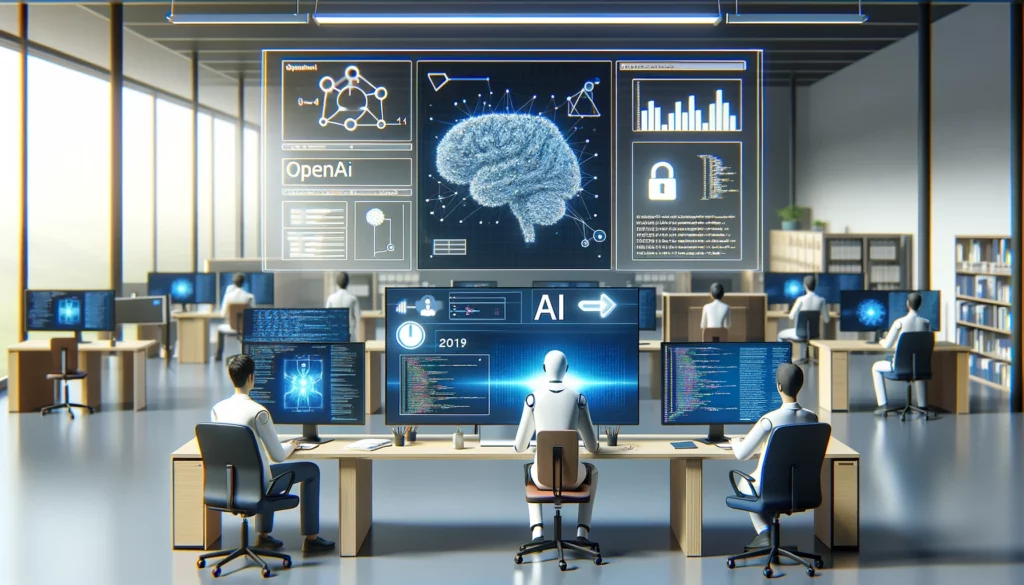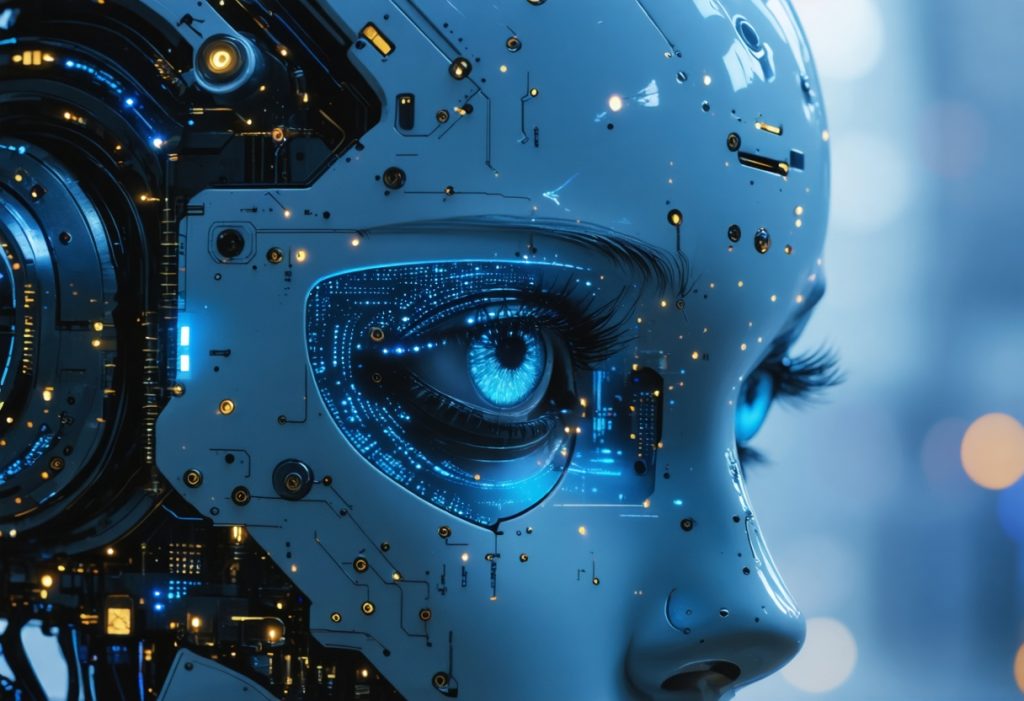Navigating the AI Conundrum: How Japan’s Corporate Sector Wrestles with Technological Adoption

In the swiftly evolving technological landscape, the adoption of Artificial Intelligence (AI) has become a pivotal element for businesses worldwide. However, a staggering 40% of Japanese firms stand at the crossroads, lagging behind in crafting strategies for AI integration. This startling statistic emerged from a Reuters survey, offering an in-depth look into Japan’s corporate dynamics and their cautious approach towards AI technology.
Challenges such as employee reservations, tech expertise deficits, and financial constraints hinder the path to digitization. Moreover, cybersecurity emerges as another critical struggle, with a notable fraction of firms falling victim to cyberattacks, compelling them to fortify their online defenses.
Eager to know how Japan navigates these technological and social currents? Dive into the immersive article that unfolds Japan’s conundrum of AI adoption juxtaposed with societal modernization, and discover if the Land of the Rising Sun is set to leap into the AI dawn or retain its cautious stance amidst burgeoning digital disruption.
Understanding Japan’s AI Adoption Slowdown
In an era where Artificial Intelligence (AI) serves as a catalyst for global innovation, Japan finds itself at a somewhat surprising impasse. Despite its reputation for technological prowess, Japanese firms are notably hesitant in fully integrating AI into their corporate strategies. This article peels back the layers of Japan’s cautious approach to AI, shedding light on the underlying reasons for the observed lag in adoption.
Labor Shortages vs. AI Integration
A critical factor influencing Japan’s AI adoption is undoubtedly its challenging demographic landscape. Japan’s aging population is leading to acute labor shortages across various sectors. In theory, AI could provide effective solutions to this predicament by automating routine tasks and enhancing productivity.
Despite this, the survey suggests that there’s a disconnect between the perceived benefits of AI and the willingness to embrace such technologies. While acknowledging labor shortages as a primary driver for AI, there’s still a significant fraction of firms that remain on the sidelines, uncertain about moving forward.
Confronting AI’s Challenges
Japanese companies are not turning a blind eye to AI’s potential—they are acutely aware of the hurdles they must overcome to make AI a feasible part of their operations. Fear of staff reductions, limited AI expertise, and financial investments required for AI systems are some of the prominent barriers.
Moreover, the reliability and trustworthiness of AI decision-making remain points of contention. Businesses worry whether AI systems can tackle complex tasks with the same nuance and judgement as human employees, an issue compounded by high-profile missteps in AI deployments in other parts of the world.
Cybersecurity: A Mounting Concern
As Japan’s firms contemplate AI adoption, cybersecurity poses another formidable challenge. With a non-negligible number of Japanese businesses experiencing cyberattacks, fears about the secure implementation of AI are not unfounded. The survey’s findings bring to light the perceived and real threats in the digital sphere, prompting companies to invest in either outsourcing cybersecurity or cultivating in-house expertise to safeguard against future cyber threats.
Corporate Perspectives on Societal Issues
The survey interestingly broadens its scope to include corporate Japan’s stance on sociopolitical matters. A notable topic is the ongoing debate over marital surname laws. With a substantial number of firms in favor of allowing individual surnames post-marriage, there’s an emerging recognition that addressing such societal issues can indirectly benefit the corporate environment. Fostering diversity, respect for individual choices, and equality is gradually being seen as integral to corporate success and employee satisfaction.
Innovation vs. Tradition: Japan’s Corporate Dilemma
Japan’s corporations are treading a delicate line between fostering innovation and safeguarding traditional values. On one hand, there’s a push towards modernizing their approaches, embracing AI, and adapting to changing social structures. On the other hand, they face innate reservations, both internally from their workforce and externally from societal norms and regulations.
Through this balancing act, Japanese firms reflect a broader national hesitation—an acknowledgment of the need for technological and social evolution paired with a deeply ingrained caution against rapid change.
Looking to the Future
The survey articulates a clear message: Japan’s corporate sector is at a turning point. The need for AI and technological integration can no longer be sidelined as a futuristic vision; it is a present-day necessity fueled by demographic and market pressures. Japanese firms must navigate these waters with astute strategies that consider not just the advancing technological tide but also the undercurrents of societal transformation.
While an optimal pathway has yet to be defined, the ongoing discourse and contemplation among Japanese corporations suggest a willingness to adapt. Nonetheless, the pace and direction of this evolution remain to be fully seen as Japan continues to chart its course in the shifting digital and social landscape.
As the global economy pivots increasingly towards Artificial Intelligence, Japan’s hesitation in AI adoption is a riveting case study on the intricate balance between innovation and tradition. Despite the potential of AI to mitigate labor shortages and drive research and development, internal corporate challenges like workforce concerns, expertise shortages, and financial resources act as significant speed bumps on the road to digital transformation.
Moreover, as cybersecurity threats loom, Japanese firms are compelled to reconsider their approach to tech integration, placing a renewed emphasis on secure, reliable, and trustworthy AI systems. The societal backdrop, including debates on marital surname laws, offers another dimension to Japan’s corporate hesitation, indicating a complex interplay between the corporate sphere and cultural ethos.
As Japan’s firms critically assess their AI strategies and societal conventions, the country stands at a pivotal moment of potential tech-driven renaissance. To emerge as a leader in the next wave of technological innovation, Japanese companies must embrace the dual imperatives of modernizing operations and adapting to evolving societal norms. The growth trajectory of these corporations will not only reflect the advancement of Japan but also their role in shaping a technology-embraced future, balancing efficiency with humanity’s delicate socio-cultural fabric. Moving forward, the world will watch keenly as Japan determines whether to surge into the AI revolution or maintain its measured march, carefully aligning technological enterprise with the heart of its national identity.











